A charge of chariots of fire, this is not just a book about the financial history of Ghana in spite of its formative challenges but a centenary work of West Africa – regional monetary evolution and global multilateralism. For devout bankers, intelligentsia, historians and aspirants, this is the one. Elegantly written, it establishes Agyeman-Duah as an unavoidable historian of the Bank of Ghana.
Jewel Howard-Taylor, Vice-President of the Republic of Liberia.
The Bank of Ghana is technically a better institution than it was thirty years ago. Even governments are less inclined towards interventions in its work. It is different from other captured public institutions where economic decision- making is with a political lens.
Prof. Ernest Aryeetey, Former Vice-Chancellor of the University of Ghana and Co- editor of The Economy of Ghana-Analytical Perspectives on Stability, Growth and Poverty.
The Bank of Ghana is leading central banks in the sub-region with regards to the use of technology in the finance service industry … countries in Africa are now learning from Ghana’s digital payment regulations.
Mohammed Sanusi Lamido, Former Governor Central Bank of Nigeria and the 14th Emir of Kano.
Ghana has in recent years been one of Africa’s more successful economies – from its colonial journey through Heavily Indebted Poor Country (HIPC) to stable modern democracy. Agyeman-Duah has a sound appreciation of the difficulties of transforming a producer of commodities of raw materials into a prosperous mixed economy. Now an oil economy, the test ahead is, will Ghana at last be able to control its own economic destiny; free of obligations to donors and the storms from world commodity markets?
Frances Cairncross, Rector Emeritus, Exeter College, University of Oxford and Former Managing Editor, The Economist.




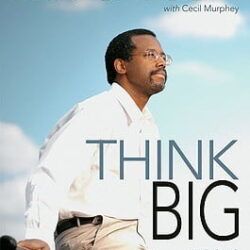
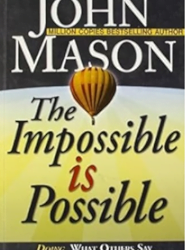


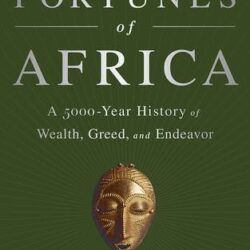

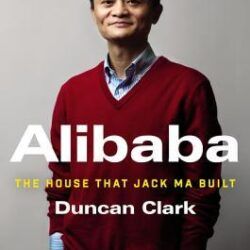
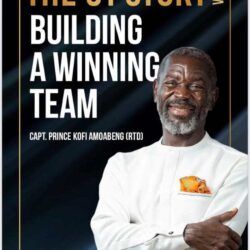
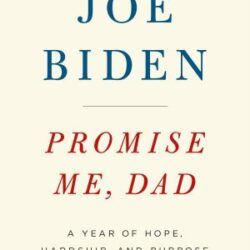
Reviews
There are no reviews yet.